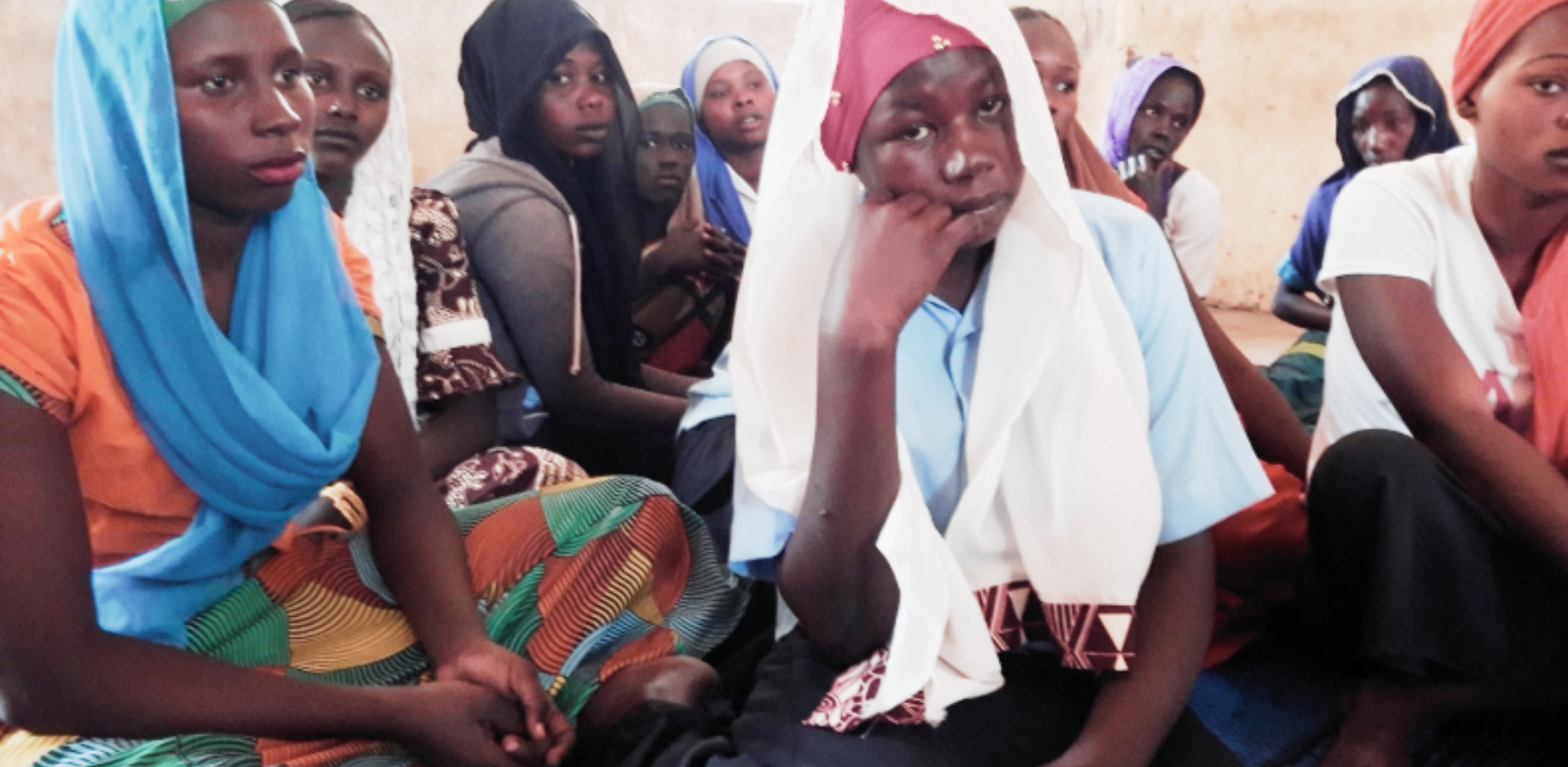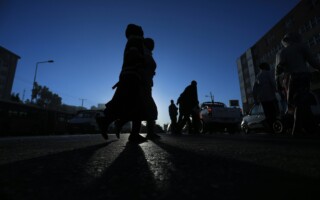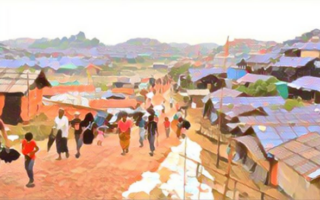
In West Africa’s Sahel region, extensive poverty and inequality hinder social and economic stability and development. Recurring conflicts, epidemics, natural disasters, and gender inequity perpetuate these challenges. Faced with risks such as famine and forced migration, women and girls are particularly disadvantaged. Economic growth is key for the region yet is stalled by rapid population growth and high fertility rates.
The World Bank’s Sahel Women’s Empowerment and Demographic Dividend (SWEDD) initiative seeks to address these issues. Under the auspices of the GIRL Center, Population Council worked with UNFPA-West and Central Africa Regional Office to provide technical assistance and implementation support for SWEDD’s Component 1.2: empowering girls living in poverty by expanding the range of choice and opportunities available to them and their families, with the goal of improving the viability and desirability of delays to marriage and childbearing.
The overall aim of the Population Council’s involvement in SWEDD was to use evidence to improve the effectiveness and sustainability of the activities as SWEDD expanded from the six original countries (Burkina Faso, Chad, Côte d’Ivoire, Mali, Mauritania, and Niger) to Benin, Cameroon, and Guinea and subsequently, through SWEDD+, to Gambia, Senegal, and Togo.
SWEDD aims to address high rates of early marriage and pregnancy, and the need for increased family planning education and resources.
SWEDD advances this aim by increasing girls’ and young women’s access to safe spaces, life skills, education, health care and contraception, employment, and training, ultimately advancing the Sahel region into a position to reap a demographic dividend and greater prosperity.
What We Are Did:
From 2020 through 2024, we have promoted SWEDD aims by providing technical assistance; strengthening capacity; documenting and disseminating implementation lessons and global evidence; contributing to research; and producing regional resources. We focused on countries’ activities to implement evidence-informed Espaces Sûrs (Safe Spaces) and Girls’ Schooling programming as coverage expands. Activities included:
- Producing regional project resources such as curricula, guidance, tools and a youth engagement strategy; supporting their use by country-level stakeholders.
- Training and coaching of SWEDD Management Units and implementors to improve the standardization and quality of coverage; recruitment; mentor management; monitoring, evaluation and learning (MEL); and other program elements.
- Providing technical assistance remotely and in-country to strengthen program materials, planning, and MEL.
- Documenting country experiences through process documentation to promote cross-learning.
- Coordinating with technical partners to layer multicomponent activities including safe spaces, economic empowerment, and Husbands’/Future Husbands’ Clubs.
- Contributing to SWEDD research plans and outputs.
Why It Matters:
The GIRL Center’s contributions strengthened SWEDD country teams’ capacity to oversee and implement evidence-informed programming as coverage expands, increasing the likelihood of impact. We enabled synergy between SWEDD activities to enhance gender transformative action. By documenting country-level solutions and global evidence to address implementation challenges, we have generated global public goods that fill evidence gaps, contributing to the broader field. As the World Bank expands the SWEDD model within the Sahel and uses similar approaches in other regions, we anticipate our work is having a broader impact across sub-Saharan Africa.
The Big Picture:
We promoted the impact of GIRL Center evidence and access in SWEDD countries, enhancing targeting and increasing the likelihood that participating countries can achieve their SWEDD aims. Our work has identified and addressed implementation bottlenecks. We advocated for plans to include key girl-centered program concepts like supportive mentor supervision and segmented groups to promote marginalized girls’ and young women’s participation.
Partners:
Population Council collaborated with other technical partner agencies supporting SWEDD, including Equimundo and Plan-International.
Funders:
UNFPA-West and Central Africa Regional Office (2020–2024)




